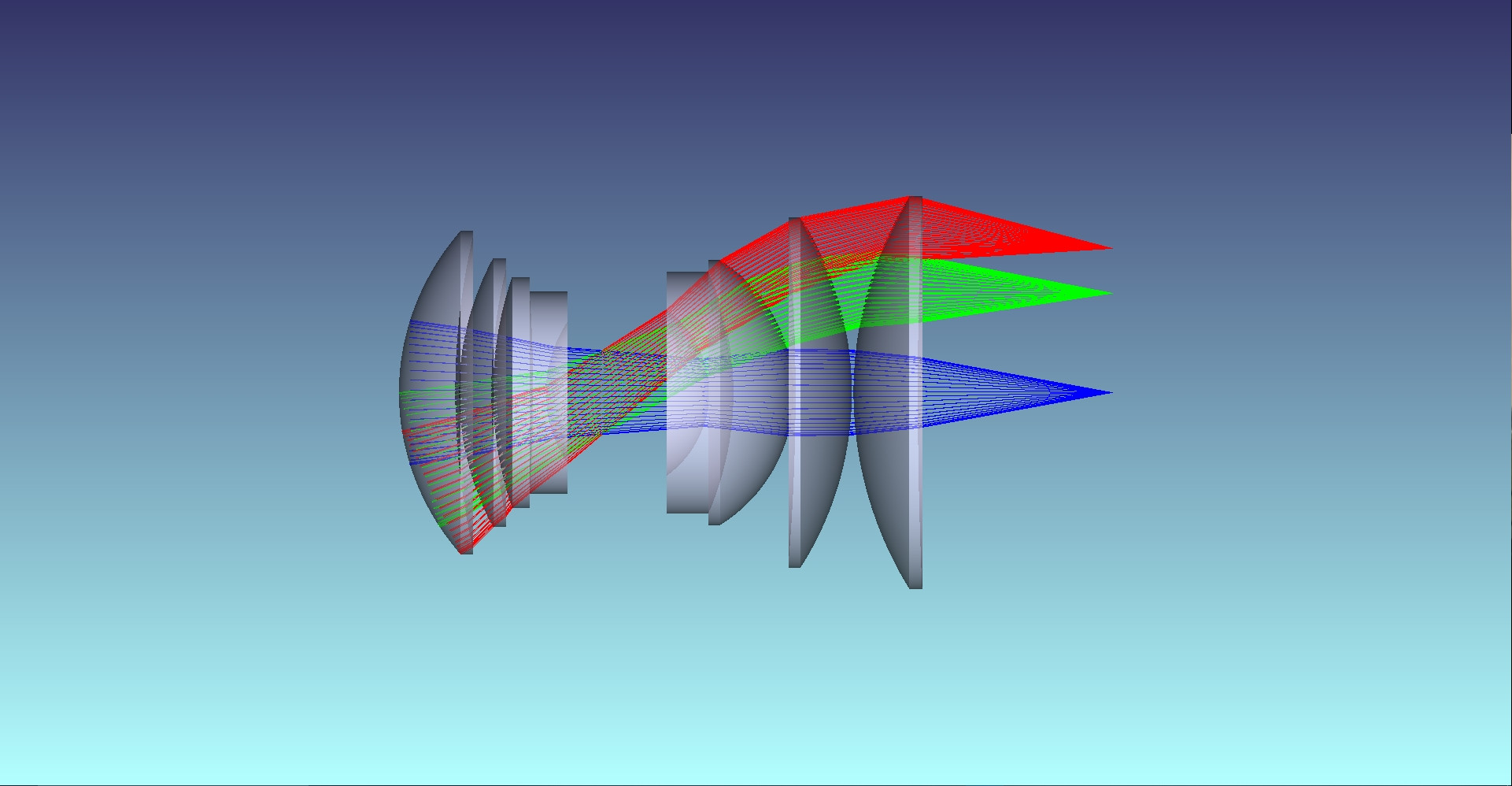- Διδάσκων: Sophie BRASSELET
- Διδάσκων: Thomas pierre ma CHAIGNE
- Διδάσκων: Julien FADE
- Διδάσκων: Amelie LITMAN
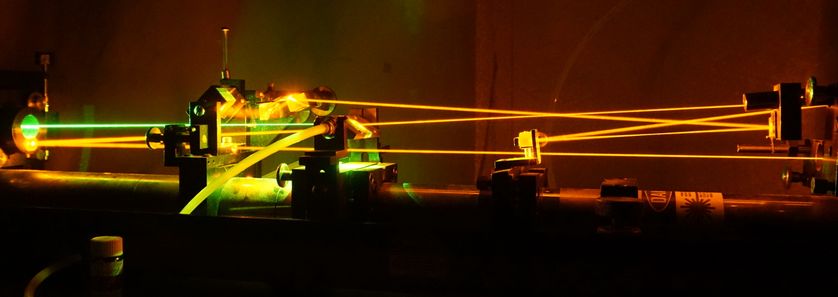
This course is a lecture about light and lasers, providing comprehensive description of the physics underlying the operation of lasers.
After introducing the main physical processes responsible for light emission, this lecture develops a comprehensive treatment for the fundamental concepts of lasers physics and the basic operation principles. Spatial, temporal and coherence properties of laser light are also explored. Detailed example and tutorials are included.
1. Light emission
Historical context, thermal and blackbody emission, electromagnetism and quantum description
2. Photon-atom interaction.
Spontaneous and stimulated transitions, Einstein coefficients, levels populations, rate equations.
3. Light amplification
Conditions for amplification, pumping and population inversion, 2-level, 3-level and 4-level systems, gain and saturation.
4. The laser oscillator
Conditions for laser starting, resonant oscillation, steady-state regime, output intensity.
5. Laser cavities and laser beams
Longitudinal modes, cavity stability, transverses modes and Gaussian beams.
6. Pulsed regimes
Spiking, Q-switch, Modelock
7. Coherence properties of laser light
After introducing the main physical processes responsible for light emission, this lecture develops a comprehensive treatment for the fundamental concepts of lasers physics and the basic operation principles. Spatial, temporal and coherence properties of laser light are also explored. Detailed example and tutorials are included.
1. Light emission
Historical context, thermal and blackbody emission, electromagnetism and quantum description
2. Photon-atom interaction.
Spontaneous and stimulated transitions, Einstein coefficients, levels populations, rate equations.
3. Light amplification
Conditions for amplification, pumping and population inversion, 2-level, 3-level and 4-level systems, gain and saturation.
4. The laser oscillator
Conditions for laser starting, resonant oscillation, steady-state regime, output intensity.
5. Laser cavities and laser beams
Longitudinal modes, cavity stability, transverses modes and Gaussian beams.
6. Pulsed regimes
Spiking, Q-switch, Modelock
7. Coherence properties of laser light
- Διδάσκων: Nicolas SANNER
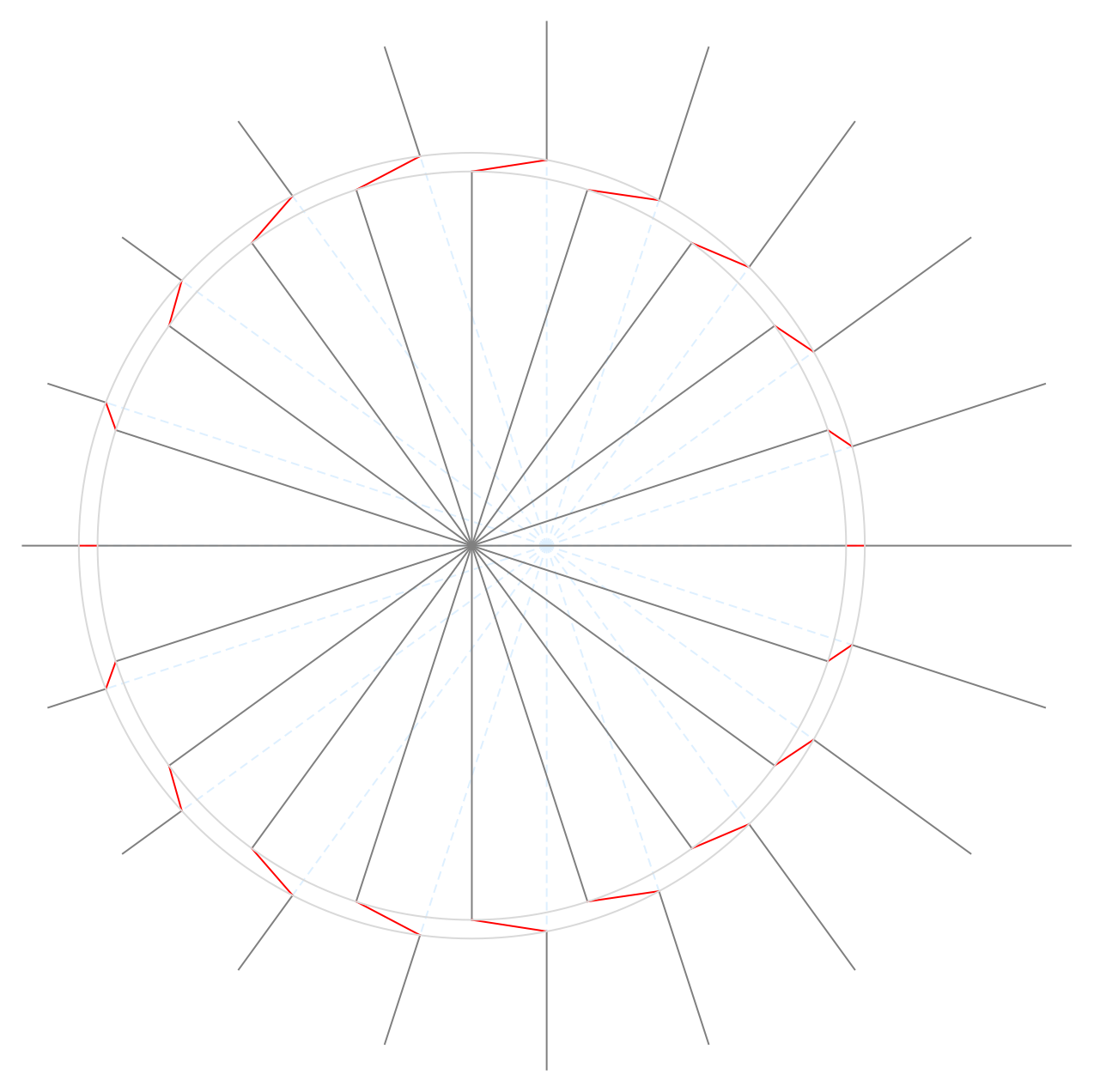
- Διδάσκων: Andre NICOLET
- Διδάσκων: Gabriel SORIANO
- Διδάσκων: Frederic ZOLLA
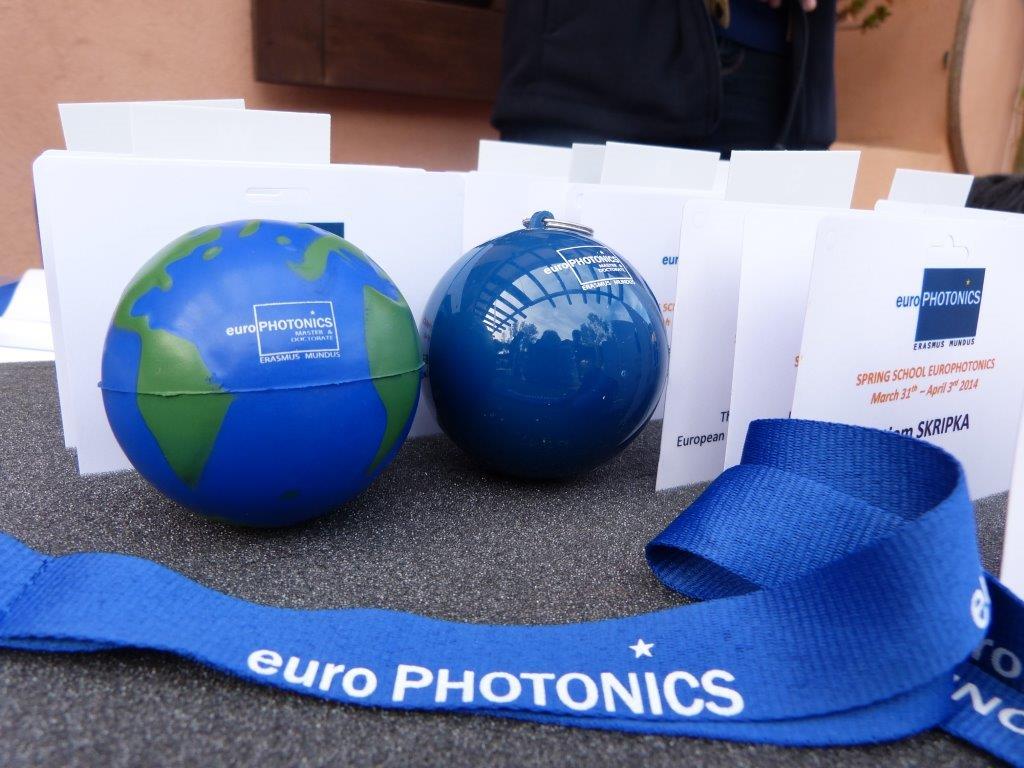
- Διδάσκων: Edyta DUMAS
- Διδάσκων: Nadege GUILLEM
- Διδάσκων: Amelie LITMAN
- Διδάσκων: Jean yves NATOLI
- Διδάσκων: Carlotta ROVESTI
- Διδάσκων: Frank WAGNER
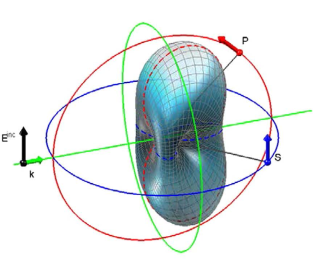
- Διδάσκων: Pauline BENNET
- Διδάσκων: Amelie LITMAN
- Διδάσκων: Gabriel SORIANO
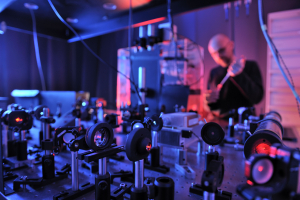
Acquired competences
Students will develop proficiency in various mathematical techniques essential for optics and photonics applications, such as:
- Analyzing intensity patterns resulting from interference phenomena.
- Conducting basic electromagnetic analyses.
- Computing states of polarization arising from polarizing elements.
- Understanding mathematical underpinnings of Maxwell's equations.
- Grasping the significance of Fourier analysis, particularly its impact on domain transformations.
- Solving fundamental problems related to geometric optics.
Students will develop proficiency in various mathematical techniques essential for optics and photonics applications, such as:
- Analyzing intensity patterns resulting from interference phenomena.
- Conducting basic electromagnetic analyses.
- Computing states of polarization arising from polarizing elements.
- Understanding mathematical underpinnings of Maxwell's equations.
- Grasping the significance of Fourier analysis, particularly its impact on domain transformations.
- Solving fundamental problems related to geometric optics.
- Διδάσκων: Patrick FERRAND

- Διδάσκων: Miguel angel ALONSO GONZALEZ
- Διδάσκων: Philippe AMRAM
- Διδάσκων: Kamal BELKEBIR
- Διδάσκων: Pauline BENNET
- Διδάσκων: Nicolas BONOD
- Διδάσκων: Thomas pierre ma CHAIGNE
- Διδάσκων: Elodie CHOQUET
- Διδάσκων: Guillaume DEMESY
- Διδάσκων: Voicu octavian DOLOCAN
- Διδάσκων: Romain DUBESSY
- Διδάσκων: Julien DUBOISSET
- Διδάσκων: Thomas DURT
- Διδάσκων: Alexandre ESCARGUEL
- Διδάσκων: Ludovic ESCOUBAS
- Διδάσκων: Julien FADE
- Διδάσκων: Patrick FERRAND
- Διδάσκων: Amelie FERRE
- Διδάσκων: Laurent GALLAIS-DURING
- Διδάσκων: Nadege GUILLEM
- Διδάσκων: Marie HOUSSIN
- Διδάσκων: Konstantinos ILIOPOULOS
- Διδάσκων: Michael KUZMIN
- Διδάσκων: Loic LE GOFF
- Διδάσκων: Fabien LEMARCHAND
- Διδάσκων: Frederic LEMARQUIS
- Διδάσκων: Amelie LITMAN
- Διδάσκων: Julien LUMEAU
- Διδάσκων: Guillaume MAIRE
- Διδάσκων: Emmanouil MAVRAKIS
- Διδάσκων: Jean yves NATOLI
- Διδάσκων: Andre NICOLET
- Διδάσκων: Laurent NONY
- Διδάσκων: Matthew PIERI
- Διδάσκων: Gilles RENVERSEZ
- Διδάσκων: Carlotta ROVESTI
- Διδάσκων: Carmen RUIZ HERRERO
- Διδάσκων: Nicolas SANNER
- Διδάσκων: Julien SAVATIER
- Διδάσκων: Gabriel SORIANO
- Διδάσκων: Brian STOUT
- Διδάσκων: Jean-marc THEMLIN
- Διδάσκων: Cecile THIRION
- Διδάσκων: Johann TOUDERT
- Διδάσκων: Frank WAGNER
- Διδάσκων: Frederic ZOLLA

- Διδάσκων: Edyta DUMAS
- Διδάσκων: Nadege GUILLEM
- Διδάσκων: Amelie LITMAN
- Διδάσκων: Jean yves NATOLI
- Διδάσκων: Carlotta ROVESTI
- Διδάσκων: Frank WAGNER

